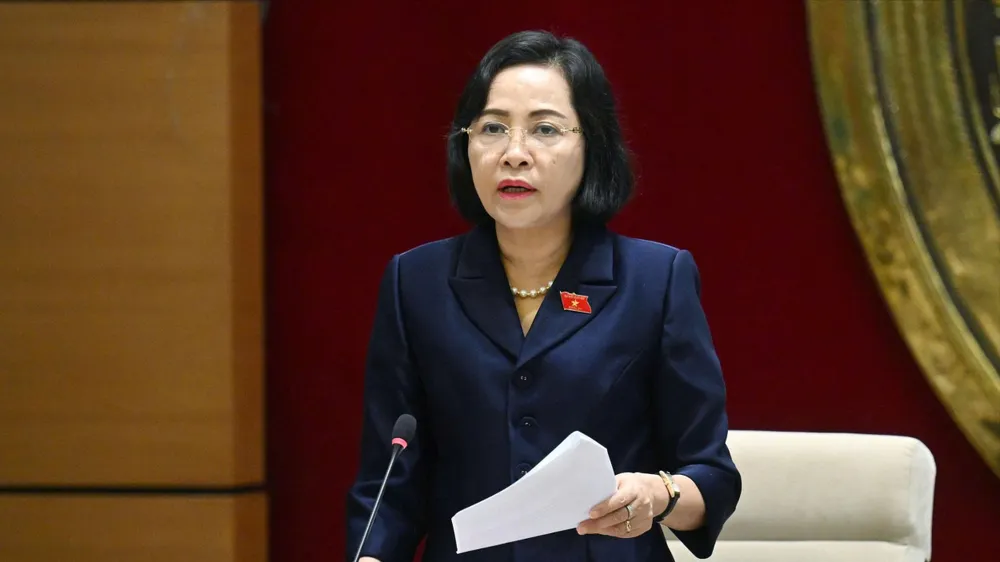
The summary report of monitoring results shows that currently, our country's human resources basically meet the requirements of socio -economic development.
The scale of human resources has developed, the structure is increasingly suitable; the qualifications and skills of the labor force have been improved; labor productivity, employment and income of workers have changed positively.
In the public sector, the contingent of cadres, civil servants and public employees accounts for a small proportion of the total labor force in society, most of whom have university degrees or higher; the recruitment, use, management and development of human resources are carried out seriously, ensuring publicity and transparency according to regulations. Therefore, the quality and qualifications of the contingent generally meet the requirements.
For the non-public sector, the number of employees has increased (average growth rate of about 0.65%/year in the period 2021-2024), especially in the foreign-invested sector.
In 2024, the whole country will have nearly 47.3 million workers working in the non-state sector, accounting for 89.3% of the total workforce and over 91% of the total number of employed workers in the economy.
However, in the context of entering a new era with higher human resource requirements, our country is facing the risk of a shortage of high-quality human resources, especially leading experts, "chief engineers" in the fields of science , technology, new economic fields, human resources serving the defense industry, security and other important fields such as: law, artificial intelligence, semiconductors, hydrometeorology...
The structure of training professions is not really reasonable, not closely linked and not keeping up with practical needs.
At the meeting, opinions suggested that it is necessary to build a national human resource development strategy and monitor and evaluate implementation results; build a database on human resources, forecast human resources and propose policies, select key areas to build policies to develop high-quality human resources...
The development and use of high-quality human resources must closely follow the four key resolutions recently issued by the Politburo: Resolution No. 57-NQ/TW on breakthroughs in science, technology, innovation and national digital transformation; Resolution 59-NQ/TW on international integration in the new situation; Resolution No. 66-NQ/TW on innovation in law-making and enforcement to meet the requirements of national development in the new era; Resolution No. 68-NQ/TW on private economic development.
Accordingly, universities need to meet the requirements and recruitment needs of the private economic sector and private enterprises when training.
Speaking at the meeting, Vice Chairwoman of the National Assembly Nguyen Thi Thanh, Head of the Supervisory Delegation, said that higher education institutions need to continue to have effective solutions to overcome the above limitations; at the same time, forecast the professions and training human resources close to the recruitment needs in the market.
Besides, the training and development of high-quality human resources today needs to closely follow the requirements of the four key resolutions issued by the Politburo.
Source: https://www.sggp.org.vn/nguy-co-thieu-chuyen-gia-dau-nganh-trong-nhieu-linh-vuc-quan-trong-post802813.html



![[Photo] Politburo works with the Standing Committee of Cao Bang Provincial Party Committee and Hue City Party Committee](https://vphoto.vietnam.vn/thumb/1200x675/vietnam/resource/IMAGE/2025/8/28/fee8a847b1ff45188749eb0299c512b2)
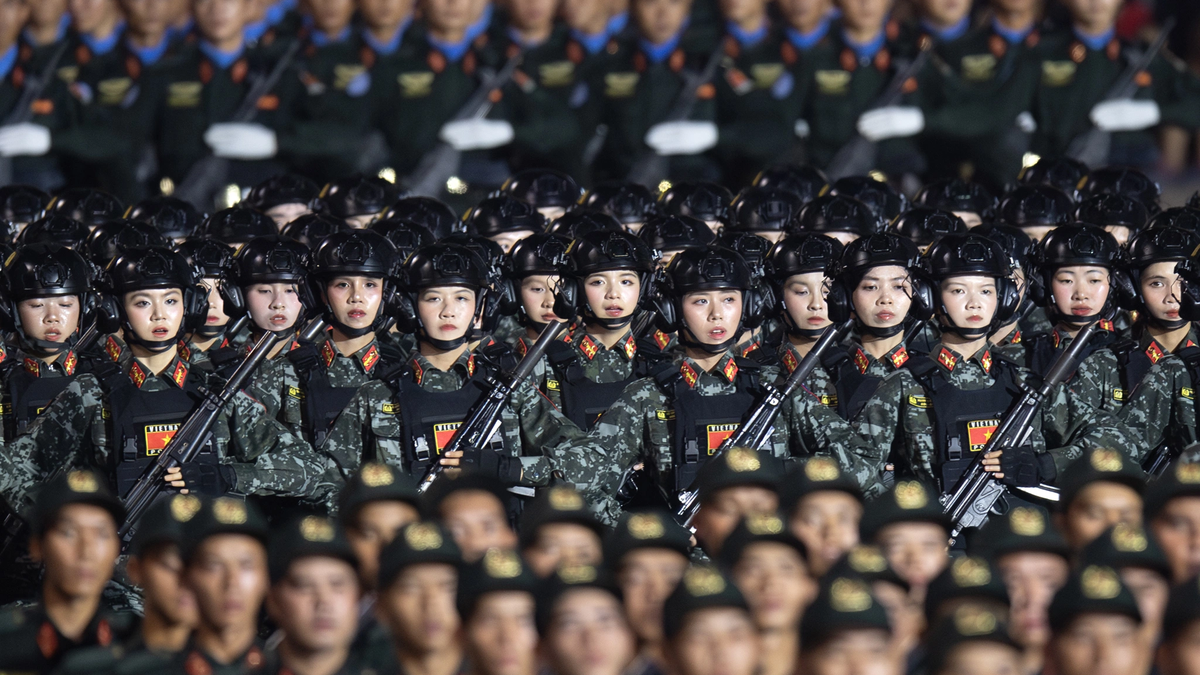

![[Photo] National Assembly Chairman Tran Thanh Man holds talks with New Zealand Parliament Chairman](https://vphoto.vietnam.vn/thumb/1200x675/vietnam/resource/IMAGE/2025/8/28/c90fcbe09a1d4a028b7623ae366b741d)
![[Photo] General Secretary To Lam attends the opening ceremony of the National Achievements Exhibition](https://vphoto.vietnam.vn/thumb/1200x675/vietnam/resource/IMAGE/2025/8/28/d371751d37634474bb3d91c6f701be7f)

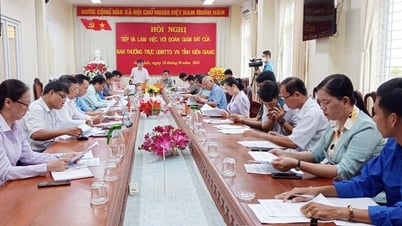
























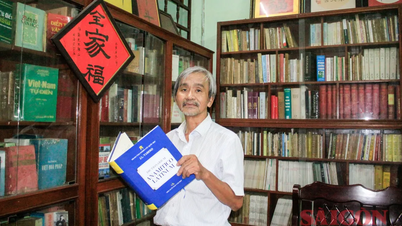



























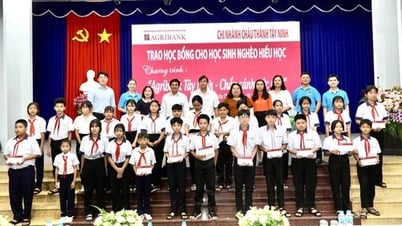



















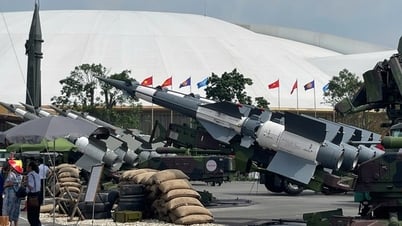

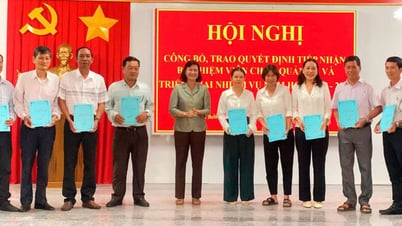
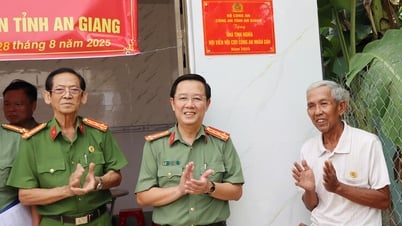


















Comment (0)